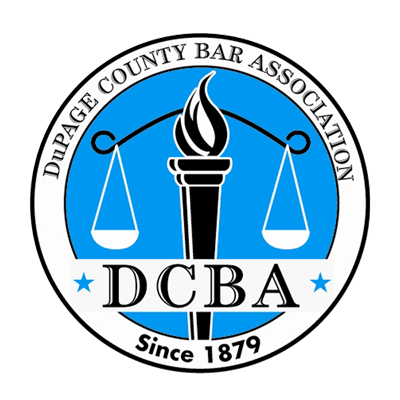
As America’s population becomes more diverse, language barriers are creating new challenges in the healthcare sector, particularly in nursing homes. According to recent Census data, some 67.3 million people in America (both native-born and non-native) now speak a language other than English at home. As the immigrant population ages, more non-English speakers are now seeking residency in nursing homes—and these facilities are required by law to address any language barriers. Unfortunately, not all nursing homes do this effectively—and this can create a variety of problems and complications for these residents. Let’s talk about the dangers of language barriers to nursing home residents and what their children and family members can do to help them.
The Dangers of Unaddressed Language Barriers
To provide proper daily care and medical care, nursing home staff must be able to communicate with residents in some way, whether through simplified English terms (if the resident speaks limited English), through an interpreter, through written instructions in the resident’s language, etc. If this does not happen properly, it can result in several complications, including:
- Mistakes in medical treatment. Residents can’t make decisions regarding their care if they don’t know what they need medically.
- Increased risk of neglect. Residents who can’t communicate their basic needs for food, water, or bathroom breaks run a higher risk of malnourishment, dehydration, etc.
- Increased risk of injury. If residents can’t tell their workers when something is hurting them or of their inherent physical limitations, caregivers may inadvertently injure their patients.
What the Law Requires
By law, nursing homes must find a way to communicate medical information to residents in their native tongue. They also have a legal obligation to make accommodations for language barriers regarding basic are, including hiring bi-lingual staff, hiring a translator, providing written translations of instructions, etc. If no family member can come in and help translate, the home itself must hire a professional interpreter at their own expense. Most importantly, nursing homes cannot arbitrarily dismiss a care request from a non-English speaker just because they don’t understand it. The facility is required by law to provide an interpreter who can help them communicate what they want. Any nursing home that refuses these services or fails to make every effort to do so may be guilty of neglect and discrimination.
How Family Members Can Help
If you have a non-English-speaking loved one in a nursing home, you want to be diligent in making sure the nursing home makes every effort to overcome any language barriers. Two important things family members can do to protect their loved ones:
- Volunteer to interpret. Bear in mind that most nursing homes want to accommodate their residents but may have limited resources for doing so. If this is the case, a friend or family member who is fluent in both languages could volunteer as an interpreter to make sure the caregiver and resident understand each other.
- Talk to an attorney if the nursing home is negligent. If you believe the nursing home isn’t doing all it can to communicate, your loved one is at increased risk for harm. Talk to a nursing home neglect attorney to learn more about your rights.
If you believe your loved one in an Illinois nursing home has suffered medical harm, abuse, or neglect due to a language barrier, an Illinois nursing home abuse attorney can help you and your loved one get justice. For a free initial case evaluation, call the Cullotta Bravo Law Firm today at 630-225-8341 or contact us online.





